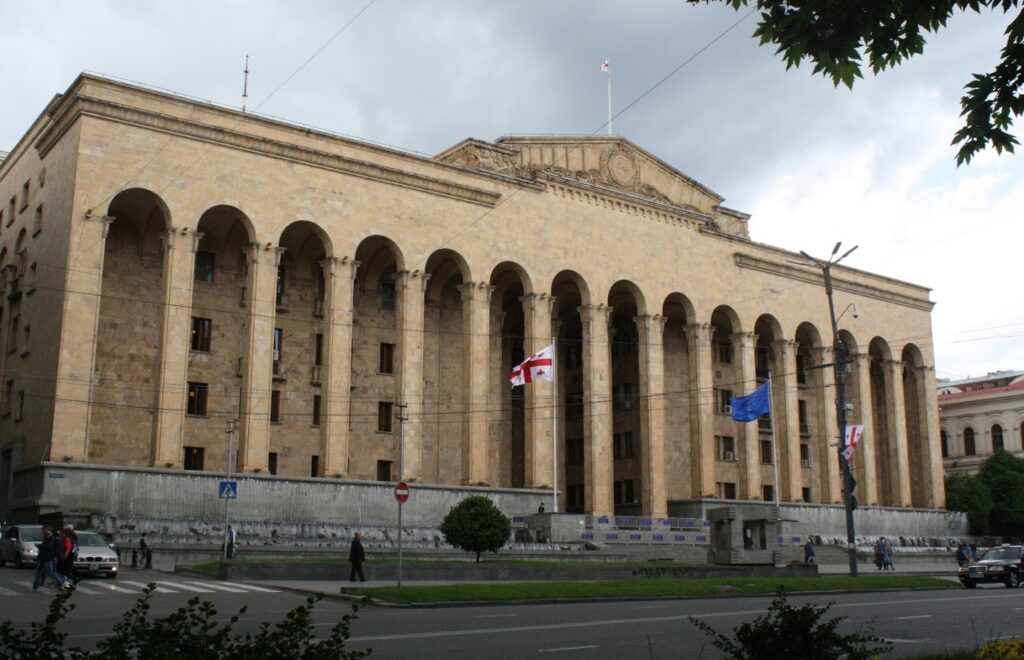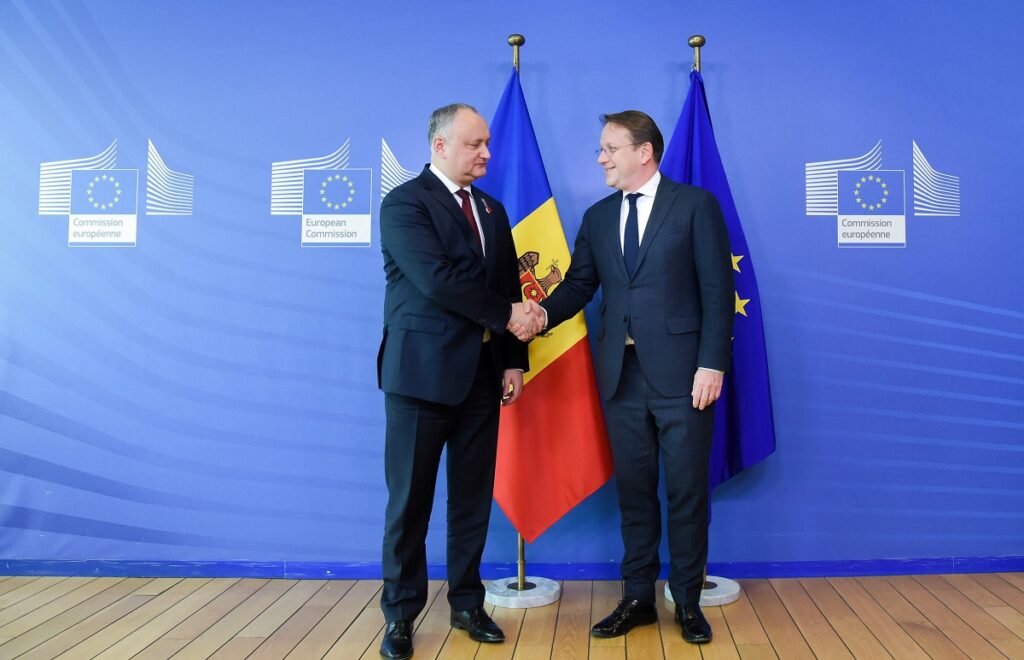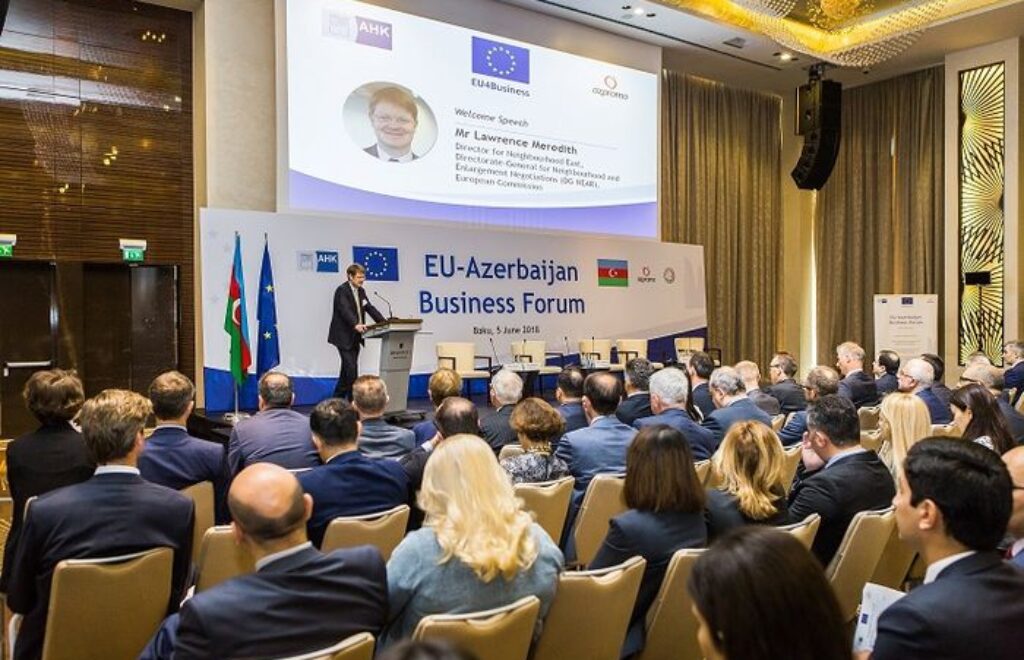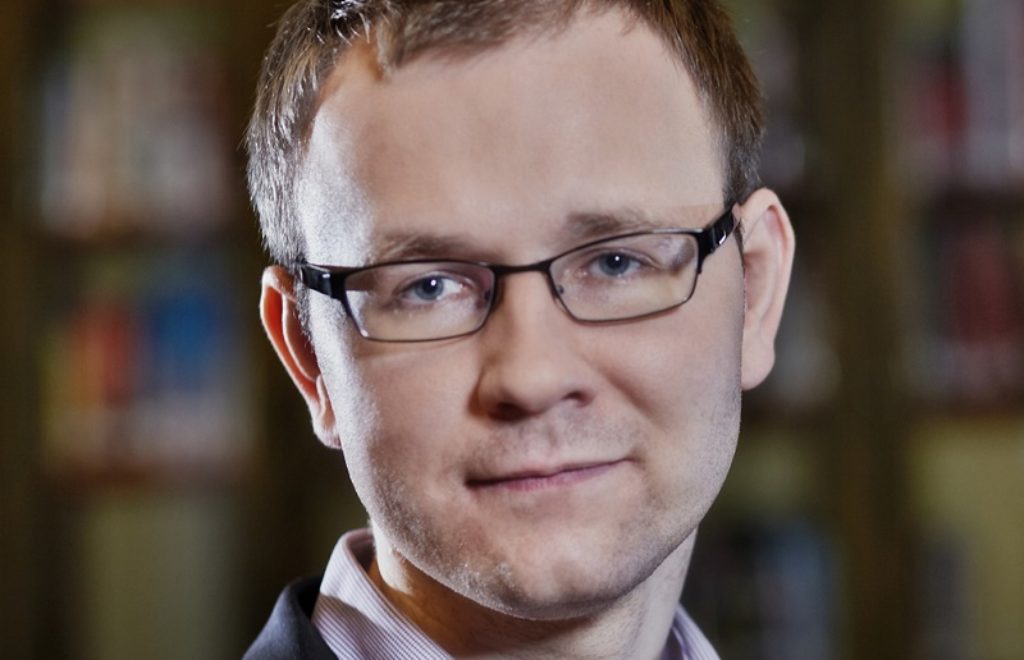Zelenskyy’s Ukraine and the Eastern Partnership
This year the Eastern Partnership celebrated its 11th anniversary. For Ukraine, this time is clearly divided into two periods: 1) the pre-EuroMaidan period and 2) the post-EuroMaidan period with the signing of the Association Agreement with the European Union. The political part of the agreement was signed on March 21st 2014 (entering into force on November 1st 2014); while the economic part was signed on June 27th 2014. The aim of the Eastern Partnership (EaP) is to integrate Ukraine and other participating countries with the EU. The EU’s co-operation with its eastern partners is focused on stimulating political and socio-economic reforms. And it contributes to the deepening of political and economic relations, ensuring compliance of domestic legislation with EU norms and standards, as well as maintaining mutual respect for common values.
September 4, 2020 - Hanna Bazhenova Tomasz Stępniewski













































